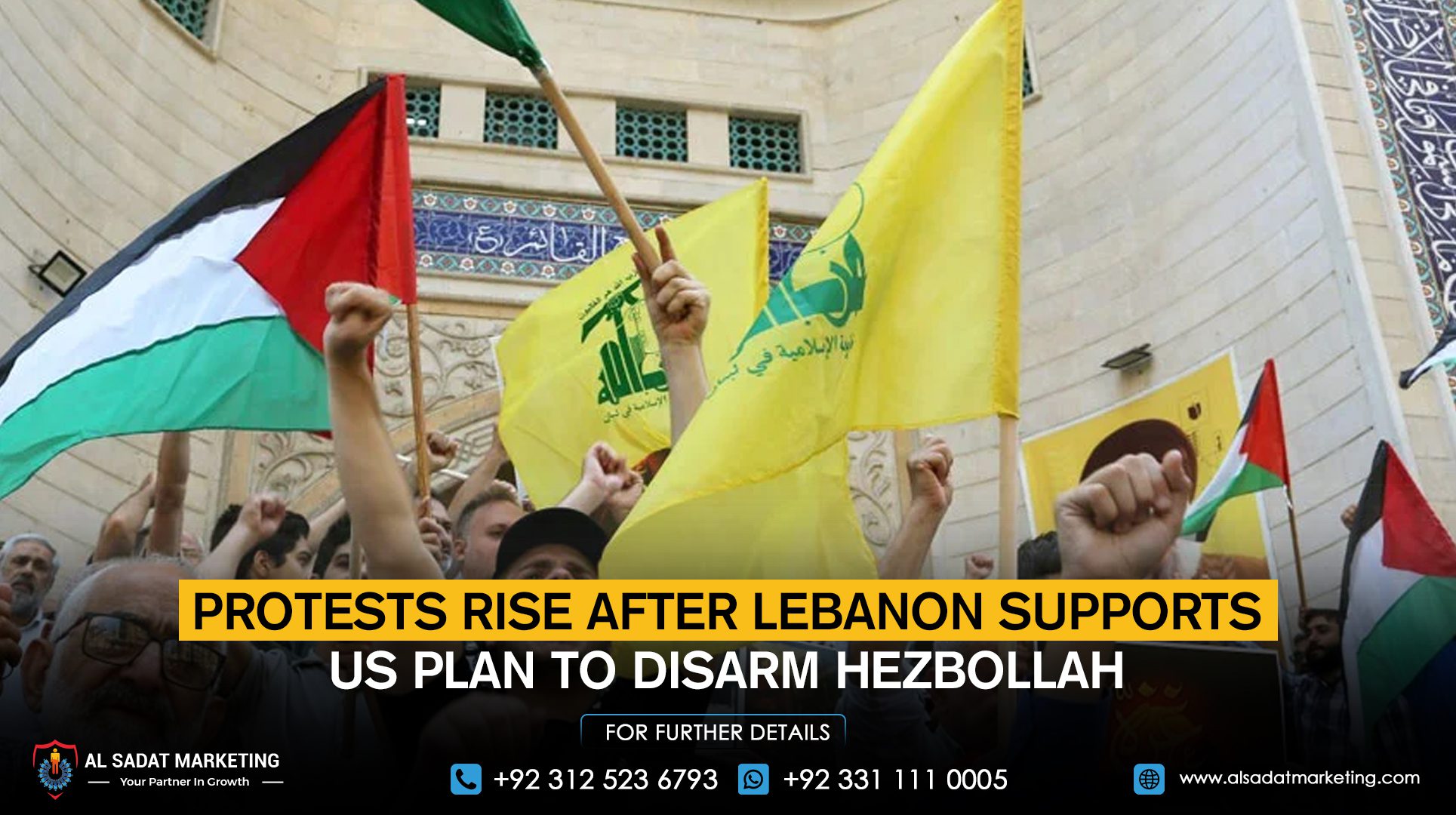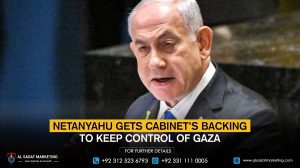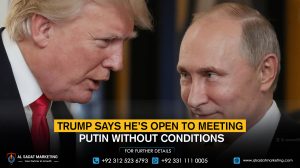Lebanon’s cabinet has approved the main objectives of a US-backed proposal aimed at bringing all weapons under state control, a move that includes the disarmament of Hezbollah by the end of the year.
Prime Minister Nawaf Salam announced the decision after Thursday’s cabinet session, saying ministers agreed in principle that only the state should hold arms. While no final timeline was set, the plan is seen as a major policy shift for Lebanon.
The US proposal also includes ending Israeli military operations on Lebanese soil. However, the situation remains tense, as Israel continues to carry out strikes in violation of the November ceasefire.
Hezbollah has strongly rejected the decision, calling it a surrender to Israel. Mahmoud Komati, Deputy Chief of Hezbollah’s Political Council, accused the government of bowing to US and Israeli pressure. He said Hezbollah would continue its armed resistance, citing the right to self-defense under the UN Charter.
During the cabinet meeting, Hezbollah ministers and their Shia allies walked out in protest, highlighting growing divisions in the government. Reports suggest the Amal Movement and Hezbollah could consider leaving the ruling coalition or even push for a no-confidence vote. The Shia bloc currently holds 27 seats in Lebanon’s 128-member parliament.
The US has welcomed Lebanon’s move, calling it an important step toward stability and sovereignty. According to leaked documents, the plan presented by US envoy Tom Barrack includes deploying the Lebanese army in the south and securing Israel’s withdrawal from five strategic points.
Still, challenges remain. This week alone, Israeli strikes in southern Lebanon killed eight people, further straining the fragile truce reached last year. Under that agreement, Israel was to fully withdraw from Lebanon, Hezbollah was to move north of the Litani River, and the area was to be secured by the Lebanese army and UN peacekeepers, steps that have only been partially carried out.
Iran’s Foreign Minister Abbas Araghchi, speaking on state television, said Tehran supports Hezbollah but does not control its decisions, signalling a slight distance from the group’s internal choices.
Lebanon’s unprecedented decision to confront Hezbollah’s armed wing could reshape its political landscape and regional relations. But with Hezbollah refusing to comply and border tensions growing, the path forward is uncertain. The coming months will reveal whether the government can enforce its plan or if the standoff will deepen.










